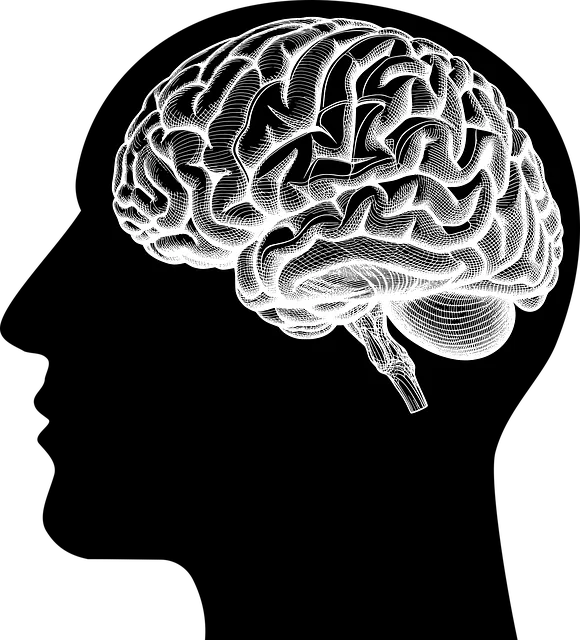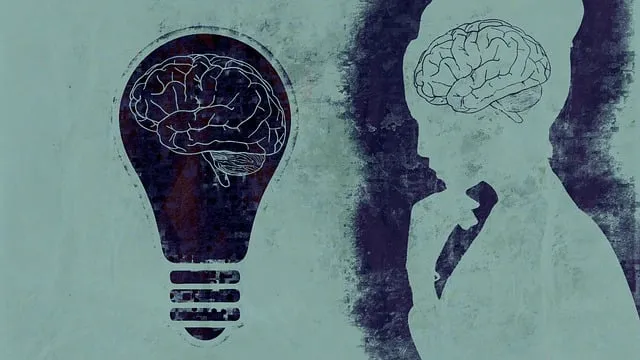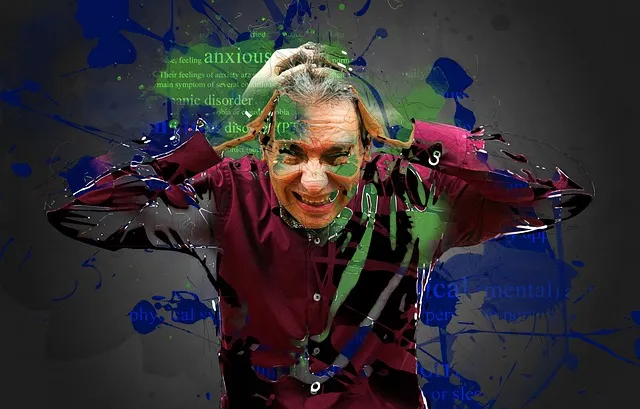The media's portrayal of mental illness significantly influences public perception, either perpetuating stereotypes or fostering empathy. Accurate representations from organizations like Centennial Kaiser Permanente behavioral health services can drive awareness and encourage help-seeking behaviors. By offering programs like Stress Management Workshops and engaging in open dialogues about mental health, they challenge stigma and inspire more inclusive, supportive environments. The reviews highlight successful media initiatives that showcase authentic journeys, employ empathy-building strategies, and include diverse narratives from marginalized communities to ensure accurate and sensitive portrayals of mental healthcare practices.
Mental illness representation in media significantly influences public perception and understanding. This article delves into the impact of media portrayal on mental health, highlighting the crucial role of organizations like Centennial Kaiser Permanente Behavioral Health Services in promoting accurate representations. We explore their initiatives and offer practical solutions to enhance media depictions of mental illness, drawing on best practices from industry experts. Discover how these strategies can foster a more empathetic and informed society.
Key SEO keywords: Mental illness representation, media portrayal, Centennial Kaiser Permanente behavioral health services reviews, accurate depiction.
- Understanding the Impact of Media Portrayal on Mental Health Perception
- Exploring the Role of Centennial Kaiser Permanente Behavioral Health Services in Promoting Accurate Representation
- Implementing Solutions: Strategies for Enhancing Media Depictions of Mental Illness
Understanding the Impact of Media Portrayal on Mental Health Perception

The media’s portrayal of mental illness significantly influences public perception and understanding of various psychological conditions. This representation can either perpetuate harmful stereotypes or foster empathy and education. When media portrays mental health issues accurately, it offers a platform to raise awareness, reduce stigma, and encourage individuals struggling with their mental wellness to seek help. On the contrary, inaccurate or sensationalized portrayals may lead to further marginalization and fear, hindering those affected from accessing essential services like those provided by Centennial Kaiser Permanente behavioral health services reviews.
For instance, when media portrays burnout as a personal weakness rather than a workplace issue, it contributes to the lack of recognition and prevention efforts for burnout among healthcare providers. This is where positive thinking and mental wellness strategies come into play. Encouraging open conversations about mental health struggles in media can lead to more effective burnout prevention strategies for healthcare providers and promote better support systems within medical institutions.
Exploring the Role of Centennial Kaiser Permanente Behavioral Health Services in Promoting Accurate Representation

Centennial Kaiser Permanente Behavioral Health Services plays a pivotal role in challenging negative representations of mental illness in media by promoting accurate and empathetic narratives. Through their comprehensive reviews and insights, the organization highlights the importance of diverse perspectives and real-life experiences in shaping public understanding. By fostering open dialogues about mental health, they encourage positive thinking and emotional intelligence, dispelling misconceptions that often stigmatize individuals seeking help.
The services offered, including Stress Management Workshops, empower people to cope with daily pressures and foster resilience. This proactive approach not only supports individual well-being but also contributes to a broader cultural shift where mental illness is met with compassion and understanding rather than fear or judgment. By leading the way in these efforts, Centennial Kaiser Permanente Behavioral Health Services serves as an inspiration for other organizations, fostering a more inclusive and supportive environment for everyone.
Implementing Solutions: Strategies for Enhancing Media Depictions of Mental Illness

Media has a significant role in shaping public perception about mental health. To challenge stigmatized representations and foster understanding, media outlets must actively seek to improve their portrayals. At Centennial Kaiser Permanente behavioral health services reviews highlight successful initiatives, demonstrating the impact of strategic changes. One key strategy is integrating mood management techniques into storytelling, showcasing characters’ journeys towards stabilization with authenticity.
Additionally, implementing empathy-building strategies can bridge the gap between audiences and individuals living with mental illness. Incorporating diverse narratives, especially from marginalized communities, adds cultural sensitivity in mental healthcare practice, ensuring a more inclusive and accurate reflection of the field. Such approaches not only educate viewers but also contribute to creating a supportive environment where help-seeking behaviors are encouraged.
Media representation plays a pivotal role in shaping societal perceptions about mental illness. By critically examining and implementing solutions, such as those offered by organizations like Centennial Kaiser Permanente Behavioral Health Services, we can foster more accurate and empathetic portrayals. Encouraging diverse narratives and consulting with mental health experts are essential strategies to challenge stereotypes. Through these efforts, media can become a powerful tool in promoting mental well-being, reducing stigma, and improving access to support services, ultimately reflecting the importance of responsible representation as highlighted by Centennial Kaiser Permanente behavioral health services reviews.






